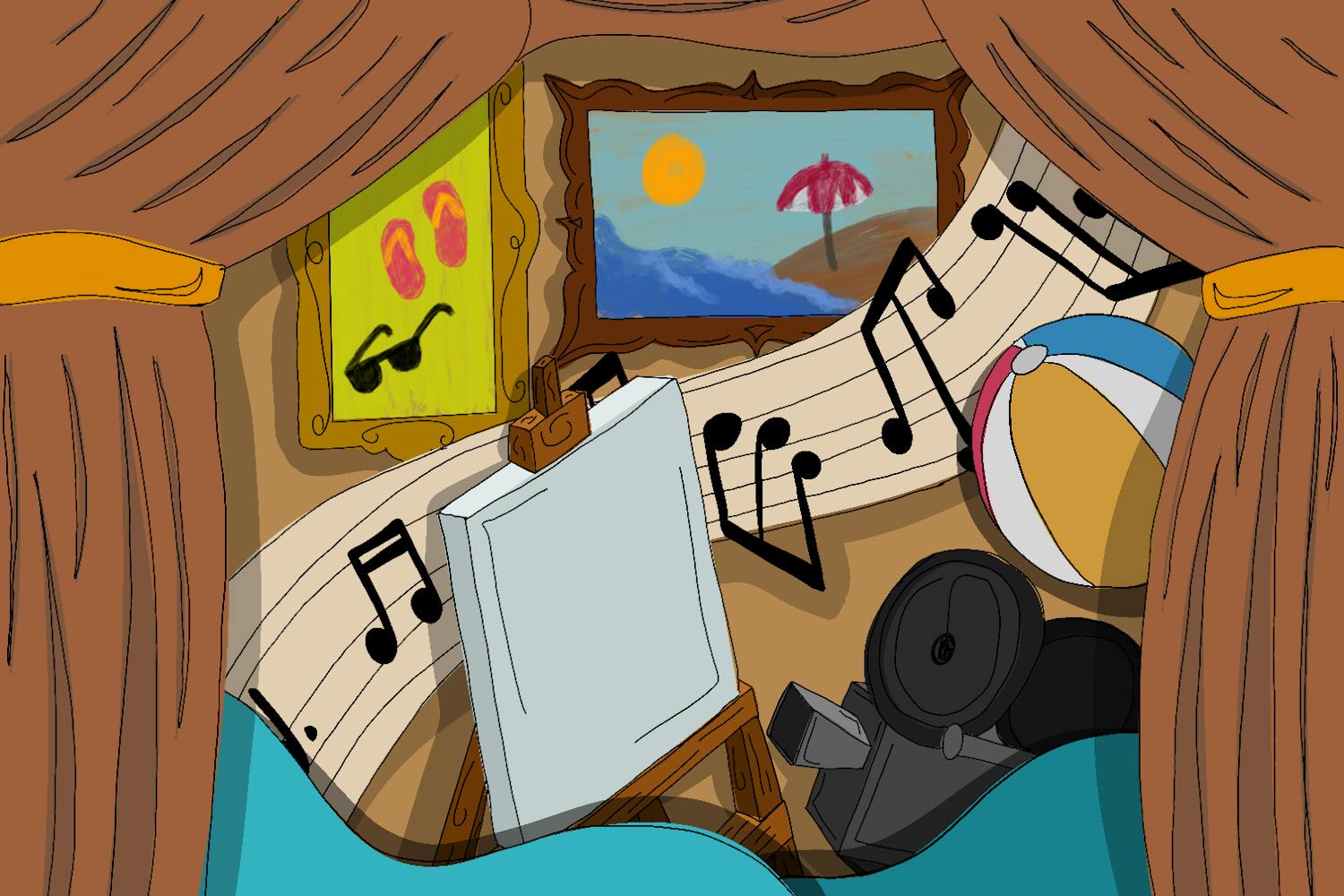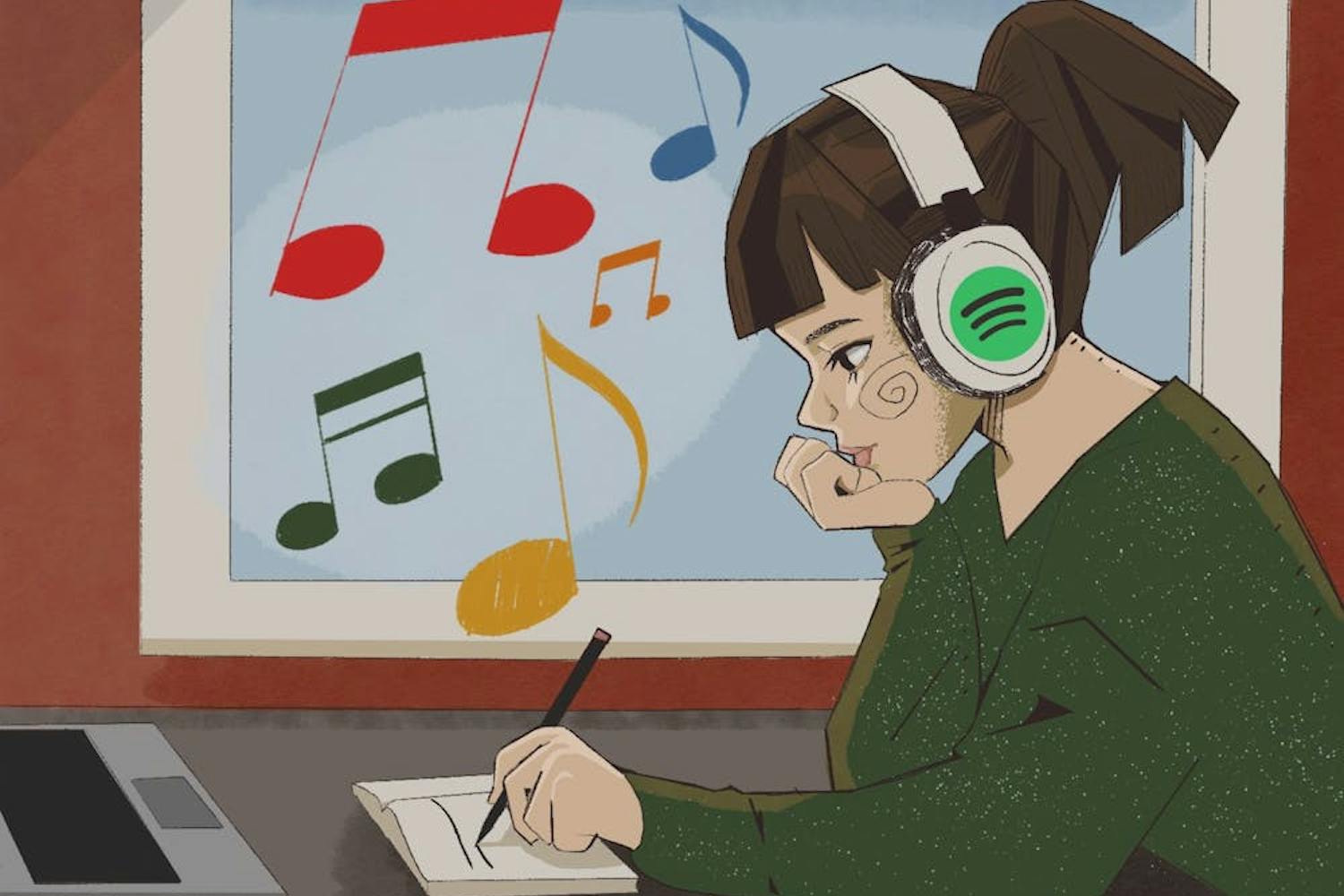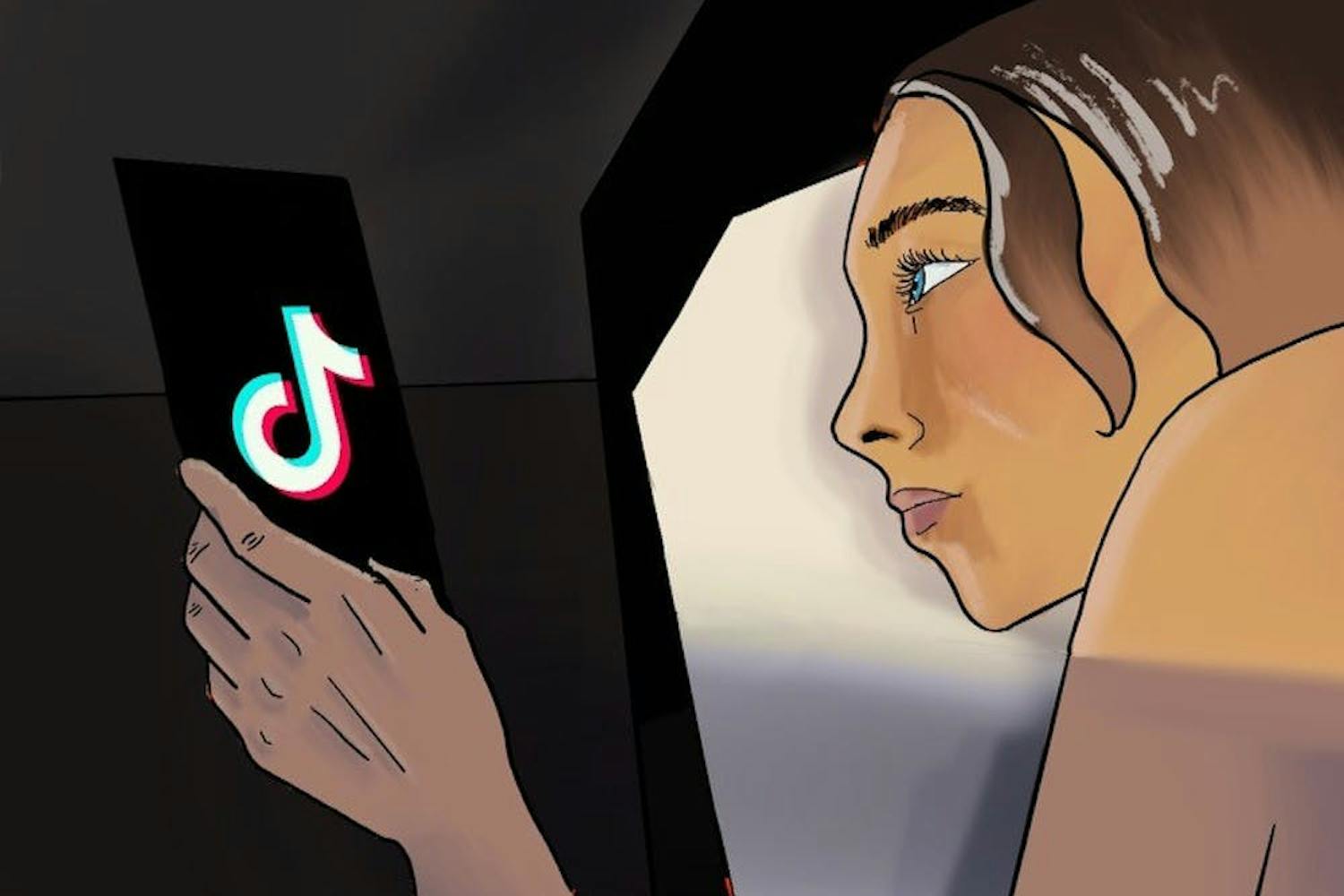"Step on a crack, break your mother's back." The first season of Netflix's flagship series "House of Cards" toed the line of sensational and cringe-inducing, reveling in its hyperbolic and unmistakably trashy sensibilities.
After a year of waiting on pins and needles for Machiavellian antihero Frank Underwood to metaphorically (and sometimes literally) spill the blood of his enemies on Capitol Hill, season two of "House of Cards" stomps on that crack for 13 hours. Mother's back is far beyond merely being broken; it is a mushy, disgusting pulp. As the stakes of the series escalated, it was inevitable that the show would approach self-parody. It is regrettable, however, that it happened so quickly and brazenly.
Political evildoers that were once deliciously twisted have devolved into cackling Muppet villains. The superficial veneer of context connecting the show's players to a recognizable modern political landscape has been stripped away. The consequences (or lack thereof) of their actions are unbelievable at best and hysterical at worst to those who even have the faintest clue of how politics and media coverage work.
All that would be forgivable, if only the show had not become so profoundly boring.
Showrunner Beau Willimon, whose body of work primarily dives into the darkness of American politics, either forgot what elements were buttering the show's bread or simply has no interest in following any story but Frank Underwood's (Kevin Spacey) through to a conclusion. Despite given hammier material to work with, Spacey and his on-screen wife Claire (Robin Wright) still sizzle in their roles as the modern day Macbeth and Lady Macbeth.
This story is clearly only concerned with them, which would be fine if it did not mean completely undermining the show's equally impressive supporting cast. For a show insistent upon having multiple plot threads at any one time weaving in and out of each other, the show's most interesting characters are tossed aside like used tissues. This was used to great effect in the first season, as one of the show's most compelling characters was given a shocking and powerful exit.
This time around, the most intriguing characters are tossed around with wanton abandon, leaving the audience with little to grab onto except a tone deaf inside look into the wheeling and dealing of a morally bankrupt vice president who only sometimes is capable of being an evil human supercomputer blessed with unbelievable micromanagement skills. By the time "House of Cards" gets to its hide-under-the-universe embarrassing conclusion, it is best just not to question any of it.
The best thing that can be said about this season, and perhaps the show as a whole, is that it is perfect for the binge-viewing that its distributor Netflix has pioneered. While some of their other program offerings such as "Orange Is the New Black" could work week to week on cable, "House of Cards" begs to be consumed all at once. Each hour is simply too hollow to work on its own.
At the end of the first episode, a pair of cufflinks with Frank Underwood's initials, "F U," mockingly taunt the viewer. Touché, "House of Cards." Touché.
Reach the reporter at zheltzel@asu.edu



